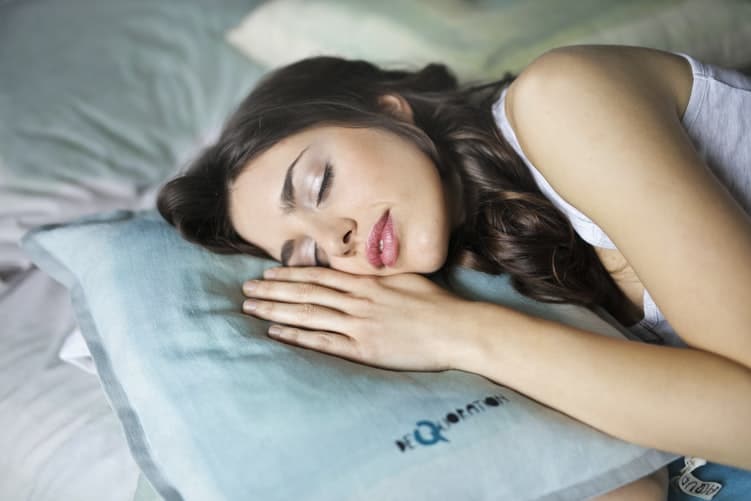Episode 04
A team from New York University found the most common Misconceptions about sleep at night. They then matched those claims with scientific evidence, and the study was published in the journal Sleep Health.
They hope that overcoming such old beliefs about sleep will improve people’s physical and mental health and well-being. Let’s not forget, and there are some misconceptions about sleep that we should give up.
Read Episode 03
Misconception 01: If you lie down for a long time.
You fall asleep, many people think, Even if you can’t sleep, you have to stay in bed. One day you will fall asleep while lying down. In fact, if you try to sleep by force, you will not fall asleep. If you do not fall asleep within 15 minutes of going to bed, you should get out of bed and do other work.
That work must be done in such a way that there is no pressure on the mind. They can also be used for folding clothes or arranging tables. Go to bed as soon as you fall asleep, and go to sleep without a mobile or other devices in hand.
Misconception 02: Many people have the misconception that even if you watch TV.
You fall asleep, and you get to rest after watching TV after returning home from work all day. But mobile tabs or other electrical devices, including televisions, emit a kind of bluish light, which reduces the release of sleep hormones in our body.
So if you watch television for a long time at night or look at any other device, you have trouble sleeping. Moreover, the news on TV, We can feel emotionally stressed when we watch movies or anything else that has war or conflict. This can also create difficulty in sleeping.
Misconception 03: Nose sniffing is not unusual.
Many people avoid sniffing, thinking it is innocent. In fact, nasal congestion can be a symptom of various diseases. During sleep, the walls on the inside of the throat become slightly narrower, which impedes normal breathing.
So people who snore have a higher risk of high blood pressure, irregular heartbeat, heart attack, or stroke. Those who snore loudly have a higher risk. Sleep is also disrupted due to nasal congestion, which can lead to sleep apnea. So if you also have a problem with a runny nose, seek medical help immediately.
Misconception 04: There are many benefits to sleeping with a snooze button.
And even if you can only sleep for five to one minute, many people snooze the alarm in the morning without turning off the alarm. But researchers disagree. According to them, the alarm market should go up immediately. Because, for this little time of snooze, our body never goes back to deep sleep.
The sleep that you get during snooze is a very low-quality light sleep, which is of no use to the body at all. They say the alarm should go up in the light as much as possible, whether the market rises immediately or removes the curtains from the house or goes outside.
Misconception 05: If you sleep less than five hours a day.
Many people think that sleeping less than five hours a day is not a problem. Not really. Studies show that sleeping less than five hours a day can lead to heart disease, stroke, and There is a risk of a heart attack. Sleeping less can reduce the average life expectancy of a person. At least seven to eight hours of sleep is essential to stay healthy. So no matter how much work you do, sleep seven to eight hours a day to stay healthy. A good night’s sleep after a long day’s work not only maintains good health but also maintains a good mental state. Regular good sleep gives people longevity. So break down the misconceptions about sleep to stay healthy, and get seven to eight hours of regular sleep.
Misconception 06: As you get older, your sleep needs will decrease.
Reality: Many people think that the sleep needs of older people decrease. However, the reality is that older people should get the same type of sleep. Sleep levels should not be reduced with age.
Misconception 07: Alcohol improves sleep.
The conventional notion of alcohol and sleep is completely wrong. The relationship between sleep and alcohol is quite the opposite. Drinking alcohol before going to sleep is very harmful to health.
This is because our rapid eye movement decreases when we go to sleep with alcohol; Resulting in sleep disturbances. And alcohol is a diuretic, which also disrupts proper sleep. You can read another blog about misconceptions.

